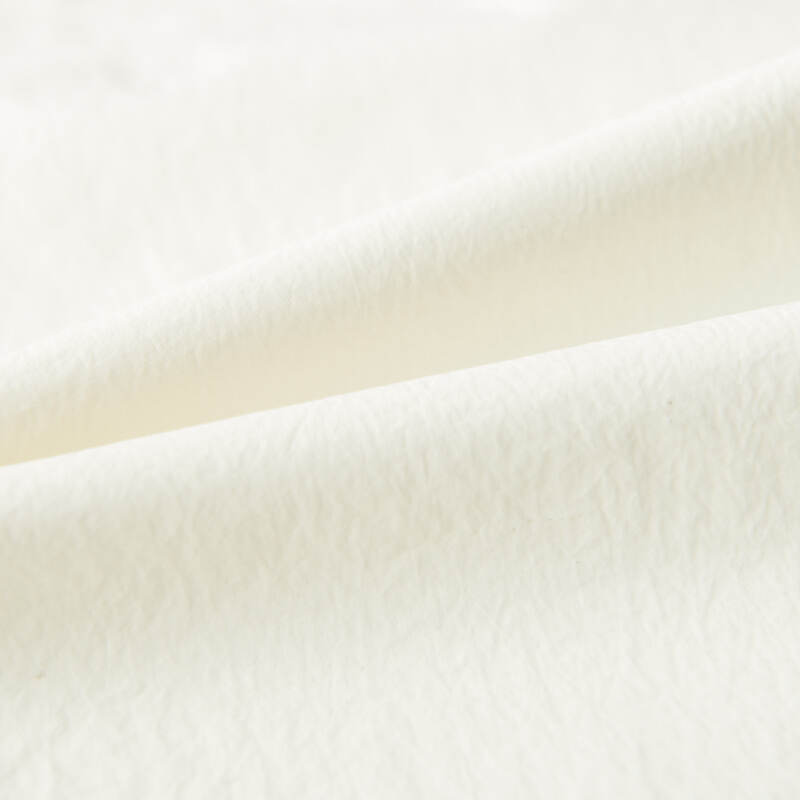bio based nylon
Bio based nylon represents a revolutionary advancement in sustainable materials, derived from renewable resources like castor oil, corn, and other biomass sources. This innovative material maintains the exceptional durability and versatility of conventional nylon while significantly reducing environmental impact. The manufacturing process involves converting bio-based monomers into polymers through environmentally conscious methods, resulting in a product that offers identical performance characteristics to petroleum-based alternatives. With a tensile strength comparable to traditional nylon, bio based nylon demonstrates remarkable resistance to wear, chemicals, and temperature fluctuations. Its molecular structure enables excellent moisture-wicking properties and dimensional stability, making it ideal for various applications. The material finds extensive use in automotive components, textile manufacturing, consumer goods, and industrial applications. Its renewable nature and reduced carbon footprint have positioned it as a crucial element in sustainable manufacturing practices, particularly in industries seeking to minimize their environmental impact while maintaining high-performance standards. The versatility of bio based nylon extends to its processing capabilities, allowing for various manufacturing methods including injection molding, extrusion, and fiber spinning.


